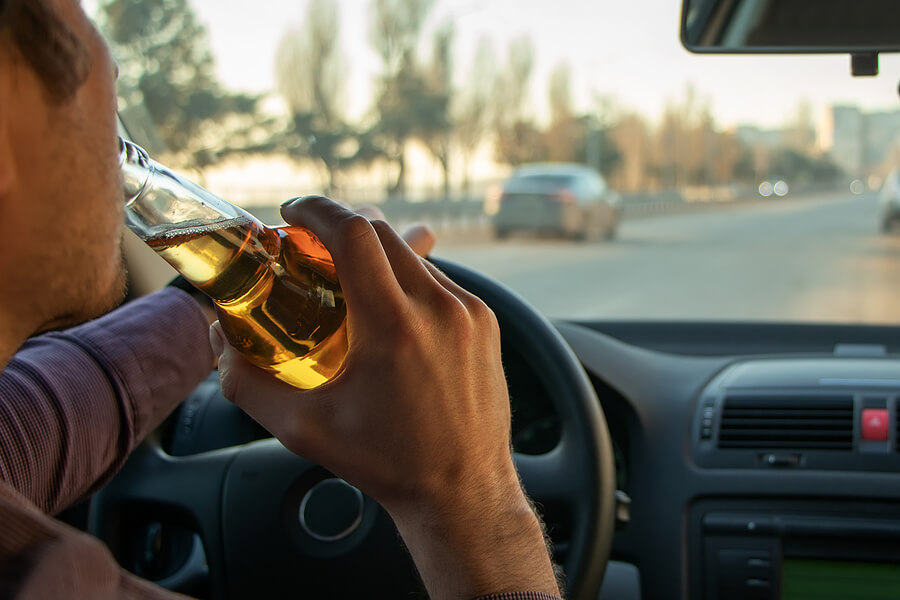Driving under the influence (DUI) of alcohol or drugs is a grave offense in many jurisdictions, and Georgia is no exception. The Peach State has stringent laws and consequences for those found guilty of DUI, aimed at preventing recidivism and ensuring the safety of all road users. One aspect of these consequences that many people often wonder about is the requirement for substance abuse rehabilitation. So, is substance abuse rehab mandatory for DUI offenders in Georgia?
Understanding Georgia’s DUI Laws
Firstly, it’s essential to note that Georgia’s DUI laws are complex, and the specific penalties an offender might face can vary based on several factors. These factors include the individual’s DUI history, the level of intoxication at the time of arrest, whether any damages or injuries were caused, and more.
For first-time DUI offenders, Georgia typically imposes a mix of fines, jail time, probation, community service, and mandatory DUI Risk Reduction School, which includes an assessment component and a 20-hour course designed to educate drivers on the dangers of DUI. Repeat offenders face stricter penalties, including longer jail time, heftier fines, and extended license suspension periods.
Substance Abuse Rehab in DUI Sentencing
While the immediate penalties of a DUI conviction in Georgia can be severe, there’s also a broader goal to prevent future offenses. This is where substance abuse rehabilitation comes into play.
For repeat DUI offenders, the court might indeed mandate substance abuse treatment as a part of the offender’s sentencing. This is particularly true if the court determines that the individual has a substance abuse problem that contributed to the DUI offense. The judge may order the offender to attend a state-approved substance abuse treatment program, either in an in-patient or out-patient setting.
Even if the court doesn’t directly mandate rehab, there can be indirect pressures for an individual to consider rehabilitation. For instance, undergoing voluntary rehab can sometimes be seen favorably during court proceedings or when negotiating plea deals. Demonstrating a commitment to addressing one’s substance abuse issues can lead to reduced sentences or even dropped charges in some cases.
Moreover, insurance companies might offer incentives or requirements for those convicted of DUI to attend rehab. Some companies may reduce premiums or reinstate policies for those who undergo rehabilitation after a DUI offense.
Rehab: A Multifaceted Opportunity
While substance abuse rehab isn’t universally mandated for every DUI offender in Georgia, it plays a significant role in the state’s approach to handling repeat offenders and those with evident substance abuse issues. Beyond the legal implications, rehab offers individuals an opportunity to address the underlying issues that led to the DUI incident, aiming to prevent future offenses and foster safer communities. Remember, the road to recovery, both legally and personally, begins with understanding one’s rights and responsibilities. When faced with DUI charges, prompt legal guidance can make all the difference.
The Importance of Legal Guidance
If you or someone you know is facing a DUI charge in Georgia, it’s paramount to get in touch with an experienced DUI lawyer who can guide you through the intricate legal landscape. Legal guidance can be invaluable in understanding your rights, the potential consequences, and any opportunities to reduce or avoid penalties.
For those seeking representation in Georgia, consider reaching out to Cummings DUI Lawyer Vic Wiegand at (770) 886-4646. With a deep understanding of Georgia’s DUI laws, Vic Wiegand is committed to offering the best possible defense for his clients, ensuring their rights are protected every step of the way. An experienced DUI attorney can be the difference between harsh penalties and a more favorable outcome.



